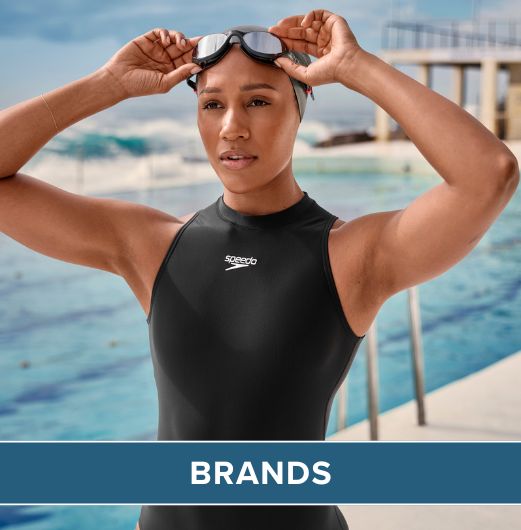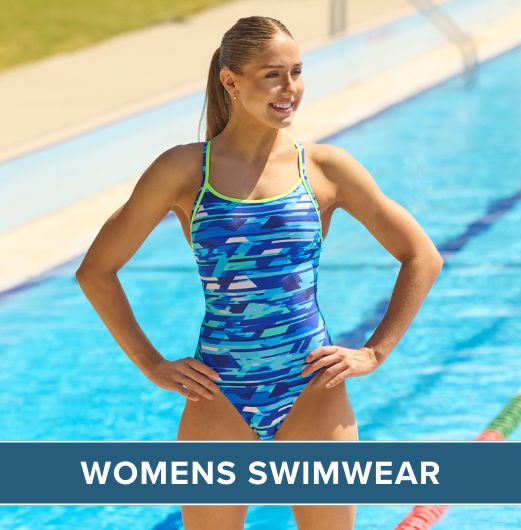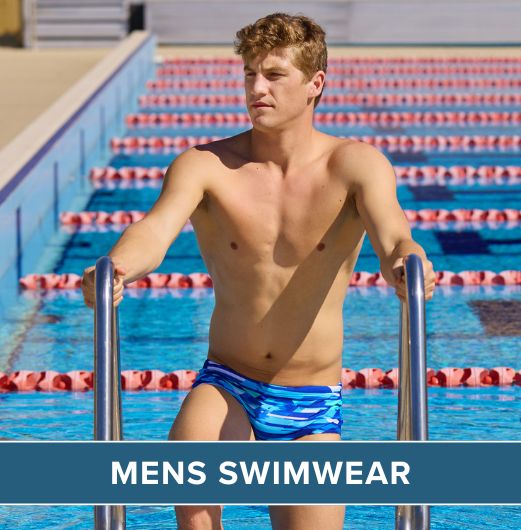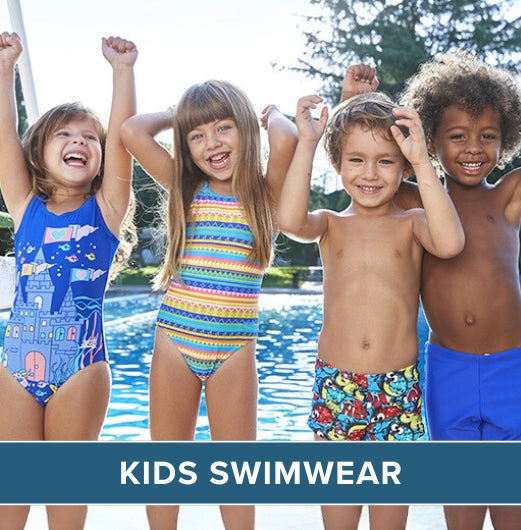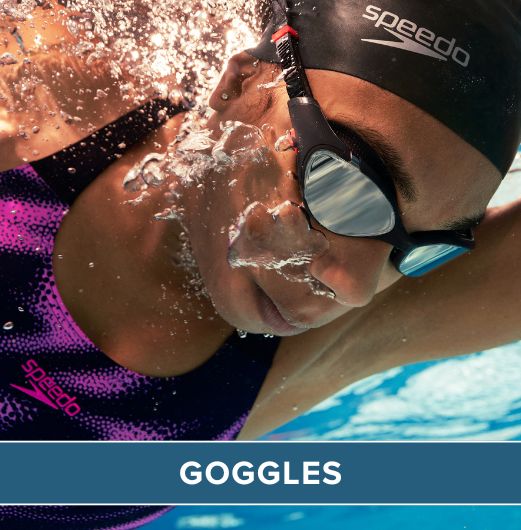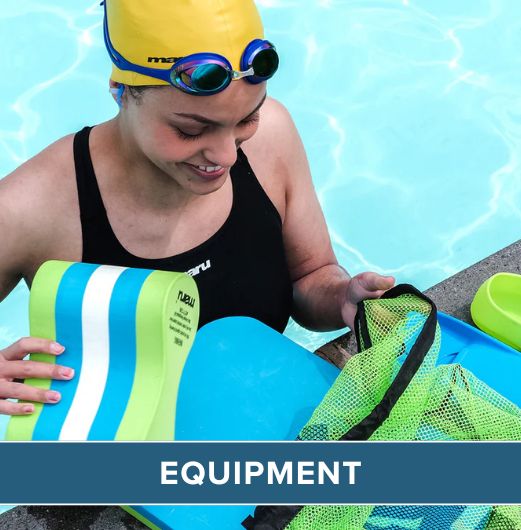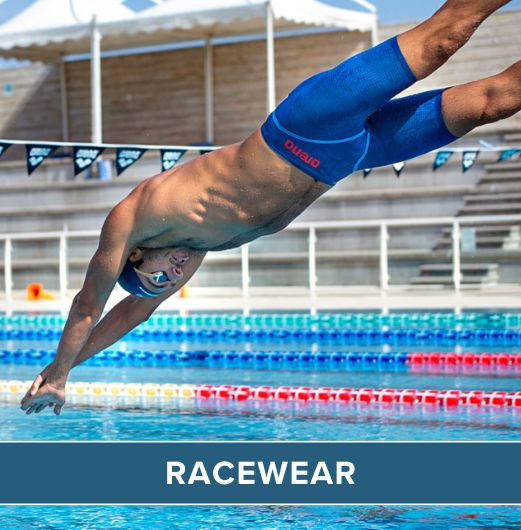
It was the news that everyone was anticipating but nevertheless the sense of sadness was tangible when Rebecca Adlington announced her retirement from competitive swimming at the age of 23. ‘Retirement’ is a strange word to use for someone of her age (and one that she freely admits to hating), yet as she explained to a packed press conference today her age was a decisive factor in her decision. She is, she elaborated, unable to challenge the younger swimmers who are metaphorically-speaking coming up behind but, as evidenced by the performance of Katie Ledecky in London, already finishing well ahead. To some observers Adlington’s reasoning may be half-baked: after all her rival Camille Muffat, who claimed the 400m freestyle gold medal in London finishing 1.56 seconds ahead of the Briton, is only eight months younger. But Adlington is right in one respect: a generation of younger swimmers – Ledecky, Missy Franklin, Ye Shiwen among others - has already challenged for the most sought-after medals. At the Rio Olympics in a little over three years’ time this trio of young powerful swimmers will have an average age of only 20, compared to Adlington’s 27. And that’s a big enough gap to make a difference. “Female distance swimming is getting a lot younger as was evident in London,” she explained. “I can’t compete with that and can’t do the same level of work. I need a lot more rest and recovery. I think it was the perfect time.”

Her career has been illuminating: double gold medallist in the Beijing Olympics, double gold medallist at the 2010 Commonwealth Games, four times medal winner in the World Championships and three times a medal winner at the European Championships. From her success, particularly in Beijing, has emerged a resurgence in British swimming and a fresh awareness among the general public. But what’s next for Rebecca Adlington? The motto for the London Olympics was ‘Inspire a Generation’ and it is this mantle that Adlington now believes she can shoulder in bringing children and swimming together. An estimated 200 000 children leave primary school unable to swim 25 metres (the distance stipulated in the National Curriculum that all pupils should achieve by the age of 11). Adlington knows that to change this is going to be something of an uphill battle, least not because to reverse the decline in children’s swimming is going need an about turn in cultural awareness and attitudes towards the sport. For the last two years Adlington has worked to develop the Becky Adlington SwimStars initiative, a foundation that aims to achieve greater participation by children in swimming whether at school, at the local leisure centre or in other locations such as hotels. She may have already changed the perception of teenage girls towards swimming and helped to end the years of male domination in the sport but to filter her enthusiasm and persistence to the younger generation – and to their parents – may be a greater challenge. “I’m very proud of what I have achieved so far,” she explained on her website following the announcement of her retirement, “but my journey is not finished yet. My vision is that every child in Britain will be able to swim 25 metres by the time they leave primary school. Being able to swim is such a wonderful life skill and I see this as my greatest challenge in swimming.” Watch Becky's retirement video
 It was the news that everyone was anticipating but nevertheless the sense of sadness was tangible when Rebecca Adlington announced her retirement from competitive swimming at the age of 23. ‘Retirement’ is a strange word to use for someone of her age (and one that she freely admits to hating), yet as she explained to a packed press conference today her age was a decisive factor in her decision. She is, she elaborated, unable to challenge the younger swimmers who are metaphorically-speaking coming up behind but, as evidenced by the performance of Katie Ledecky in London, already finishing well ahead. To some observers Adlington’s reasoning may be half-baked: after all her rival Camille Muffat, who claimed the 400m freestyle gold medal in London finishing 1.56 seconds ahead of the Briton, is only eight months younger. But Adlington is right in one respect: a generation of younger swimmers – Ledecky, Missy Franklin, Ye Shiwen among others - has already challenged for the most sought-after medals. At the Rio Olympics in a little over three years’ time this trio of young powerful swimmers will have an average age of only 20, compared to Adlington’s 27. And that’s a big enough gap to make a difference. “Female distance swimming is getting a lot younger as was evident in London,” she explained. “I can’t compete with that and can’t do the same level of work. I need a lot more rest and recovery. I think it was the perfect time.”
It was the news that everyone was anticipating but nevertheless the sense of sadness was tangible when Rebecca Adlington announced her retirement from competitive swimming at the age of 23. ‘Retirement’ is a strange word to use for someone of her age (and one that she freely admits to hating), yet as she explained to a packed press conference today her age was a decisive factor in her decision. She is, she elaborated, unable to challenge the younger swimmers who are metaphorically-speaking coming up behind but, as evidenced by the performance of Katie Ledecky in London, already finishing well ahead. To some observers Adlington’s reasoning may be half-baked: after all her rival Camille Muffat, who claimed the 400m freestyle gold medal in London finishing 1.56 seconds ahead of the Briton, is only eight months younger. But Adlington is right in one respect: a generation of younger swimmers – Ledecky, Missy Franklin, Ye Shiwen among others - has already challenged for the most sought-after medals. At the Rio Olympics in a little over three years’ time this trio of young powerful swimmers will have an average age of only 20, compared to Adlington’s 27. And that’s a big enough gap to make a difference. “Female distance swimming is getting a lot younger as was evident in London,” she explained. “I can’t compete with that and can’t do the same level of work. I need a lot more rest and recovery. I think it was the perfect time.”  Her career has been illuminating: double gold medallist in the Beijing Olympics, double gold medallist at the 2010 Commonwealth Games, four times medal winner in the World Championships and three times a medal winner at the European Championships. From her success, particularly in Beijing, has emerged a resurgence in British swimming and a fresh awareness among the general public. But what’s next for Rebecca Adlington? The motto for the London Olympics was ‘Inspire a Generation’ and it is this mantle that Adlington now believes she can shoulder in bringing children and swimming together. An estimated 200 000 children leave primary school unable to swim 25 metres (the distance stipulated in the National Curriculum that all pupils should achieve by the age of 11). Adlington knows that to change this is going to be something of an uphill battle, least not because to reverse the decline in children’s swimming is going need an about turn in cultural awareness and attitudes towards the sport. For the last two years Adlington has worked to develop the Becky Adlington SwimStars initiative, a foundation that aims to achieve greater participation by children in swimming whether at school, at the local leisure centre or in other locations such as hotels. She may have already changed the perception of teenage girls towards swimming and helped to end the years of male domination in the sport but to filter her enthusiasm and persistence to the younger generation – and to their parents – may be a greater challenge. “I’m very proud of what I have achieved so far,” she explained on her website following the announcement of her retirement, “but my journey is not finished yet. My vision is that every child in Britain will be able to swim 25 metres by the time they leave primary school. Being able to swim is such a wonderful life skill and I see this as my greatest challenge in swimming.” Watch Becky's retirement video
Her career has been illuminating: double gold medallist in the Beijing Olympics, double gold medallist at the 2010 Commonwealth Games, four times medal winner in the World Championships and three times a medal winner at the European Championships. From her success, particularly in Beijing, has emerged a resurgence in British swimming and a fresh awareness among the general public. But what’s next for Rebecca Adlington? The motto for the London Olympics was ‘Inspire a Generation’ and it is this mantle that Adlington now believes she can shoulder in bringing children and swimming together. An estimated 200 000 children leave primary school unable to swim 25 metres (the distance stipulated in the National Curriculum that all pupils should achieve by the age of 11). Adlington knows that to change this is going to be something of an uphill battle, least not because to reverse the decline in children’s swimming is going need an about turn in cultural awareness and attitudes towards the sport. For the last two years Adlington has worked to develop the Becky Adlington SwimStars initiative, a foundation that aims to achieve greater participation by children in swimming whether at school, at the local leisure centre or in other locations such as hotels. She may have already changed the perception of teenage girls towards swimming and helped to end the years of male domination in the sport but to filter her enthusiasm and persistence to the younger generation – and to their parents – may be a greater challenge. “I’m very proud of what I have achieved so far,” she explained on her website following the announcement of her retirement, “but my journey is not finished yet. My vision is that every child in Britain will be able to swim 25 metres by the time they leave primary school. Being able to swim is such a wonderful life skill and I see this as my greatest challenge in swimming.” Watch Becky's retirement video
 Free Tracked UK Delivery
Free Tracked UK Delivery Hassle Free Returns
Hassle Free Returns Next Working Day OPTION
Next Working Day OPTION Found It Cheaper?
Found It Cheaper?



